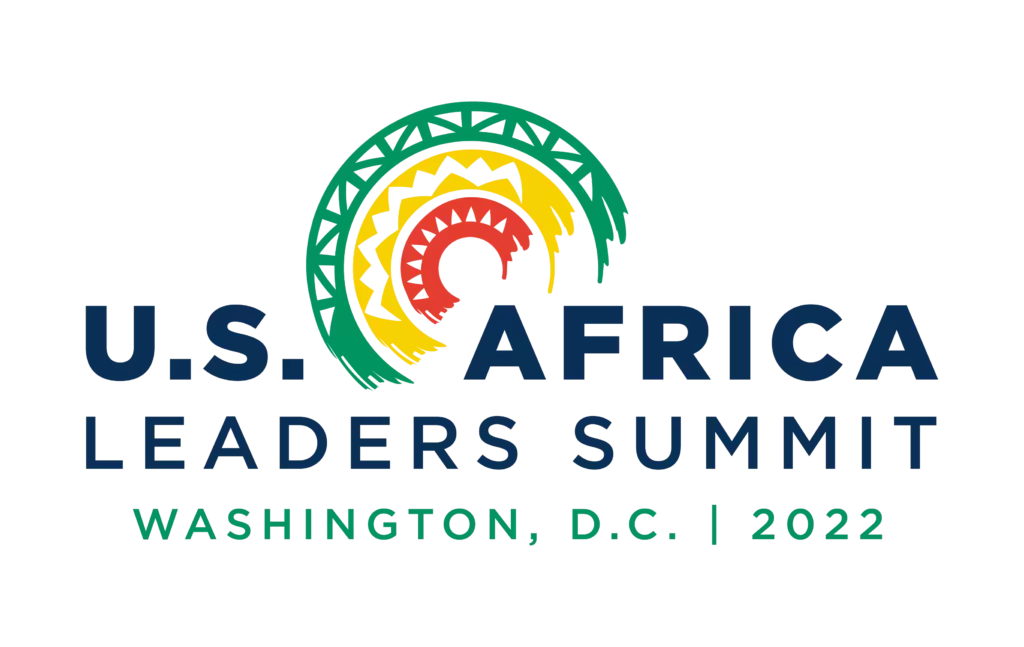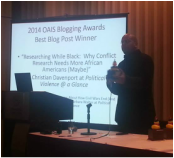The dilemma for me seems straightforward. You want to give people voice but you don't want to offend folks. You want to hold people accountable but you want to facilitate dialog as well as action. The complexity and skepticism for me was first seen in President Bill Clinton's effort at Racial Reconciliation in the 1990s. It started out well. They wanted to
1. Promote a constructive national dialogue to confront and work through challenging issues that surround race;
2. Increase the Nation’s understanding of our recent history of race relations;
3. Bridge racial divides by encouraging leaders . . . to develop and implement innovative approaches to calming racial tensions;
4. Identify, develop, and implement solutions to problems in areas in which race has a substantial impact
What could go wrong, right? Well, as the late-great Charles Tilly used to say: The Devil is in the Details. In Denver, the Clinton crew came to town to promote that constructive dialog. I was at the University of Colorado Boulder at the time, so I grabbed a chair and watched the show. The panel was composed of some that traveled from place to place as well as some local notables - I suppose to lend some legitimacy to the whole affair and to get some historical accuracy. Things never got that deep though. There was a presentation from the panel (everyone just getting a few minutes) and then I recall them opening up to the floor to hear what they had to say. I don't recall them issuing a time limit up front but after the first or second soulful, detailed statement regarding the person's experience with racism, the panel limited folks to about 1-2 minutes. Watching an 80 year old black man try to condense his experiences into this time frame was simply heart-wrenching and there were 20 others behind him waiting for their turn. The panel and Clinton clearly had no idea of what they were opening up and this is one of the reasons that whole event and initiative kind of fell apart. There was so much that was left unsaid.
This is what I fear about the Leaders Summit. The objectives are again bold. According to the webpage, the convening is intended to
build on our shared values to better:
- Foster new economic engagement
- Advance peace, security, and good governance
- Reinforce commitment to democracy, human rights, and civil society
- Work collaboratively to strengthen regional and global health security
- Promote food security
- Respond to the climate crisis
- Amplify diaspora ties
- Promote education and youth leadership
This is nice but I am caught with the second and the third. I can't get past them. Many of the leaders coming to this event have been systematically undermining peace, security, good governance, democracy, human rights and civil society. I'll just take one: President Paul Kagame.
This is an individual who invaded a sovereign nation from another. We rarely now talk about the human rights situation in Rwanda prior to 1989 (before the invasion) but the situation was not dire. Looking at the Amnesty International report for 1990 which compiled information from the year before one can see that things weren't great a few thousand people were stuck in prison and trying to get out but the level of violence was not what it would be after the invasion begins.
After consolidating power after the interstate turned civil war (after pushing into the country from abroad and setting up shop) and genocide, Rwanda moved into what could best be described as a military occupation for a while. There were road blocks and checks and curfews and solidiers everywhere. This makes complete sense to me, of course. The winners the Rwandan Patriotic Front had just won a war. Interestingly, there is a moment somewhere between 1995-2000 where a vibrant civil society was coming alive. At this time, there were newspapers and human rights group and civil rights groups all compiling as well as putting out amazing pieces of information about what was taking and what should take place. Beginning in 2003/4 (around the 10th anniversary of the 1994 violence) however this vibrancy was being restricted and eliminated. Slowly Rwanda turned into something that looked more like an authoritarian, repressive nation than a democratic, peaceful one.
And, it bears mentioning that the Rwanda governments behavior has not been limited to Rwanda itself. It has reached into nearby Congo, South Africa and with the case of Paul Rusesabagina - the hero of Hotel Rwanda - it has even reached to the United States. Freedom House, Amnesty International, Human Rights Watch and selective academics (e.g., Judi Fever's In Praise of Blood and Michela Wrong's Do Not Disturb) document this thoroughly. Rusesabagina is especially problematic for Kagame and the Summit because Rusesabagina appears to be one of the best examples of democracy left within the country. There might not be any viable political parties to challenge the existing one but there is Rusesabagina. There may not be any free media but there is Rusesabagina. For democracy to be said to exist, there must be someone outside of the ruling group that has a political opinion and can express it freely. Thus for Kagame to have a legitimate seat at the table, it seems reasonable for him to be asked about releasing Rusesabagina - this politically and peaceful oriented being - from prison.
But before you get all "that sounds pretty straightforward" on me, I would add that this whole event is complicated by the fact that you have the United States of America hosting and potentially guiding the conversation. After reading Martin Meredith's The Fortunes of Africa (especially chapter 66; yes, 66!) regarding the re-colonialization of Africa after independence), The Looting Machine by Tom Burgis, The United States of War by David Vine as well as political science databases on coups, leadership changes and external influence on Africa, it is clear that the United States has not often played a positive role in Africa - to say the least. And here is where the global reckoning needs to occur because I would argue that before the United States can try to provide criticism and advice to leaders like Kagame, they must provide the details on how they have contributed to the problems that they need to comment on: failed democracy and successful authoritarianism, increased repression and reduced positive peace. Perhaps in this spirit, folks at the Summit as well as abroad might be more able to hear as well as act upon the suggestions put forward.
But, yes another but, don't get all "I'm sure it will all work out" because in order for all this to happen we will need to see a Vice President that we have not yet seen: one ready to take a major stand on an issue that might piss off a bunch of people. Indeed, the optics of telling a bunch of black people that they need to do something and mores that they are the reason that things are messed up in the first place is a hard one to imagine for any politician - especially for one that is trying to find their feet politically. Being a black person telling other black people might take away some of the sting but that only goes so far. The "moment" that we are in is a complex one when it comes to communication.


 RSS Feed
RSS Feed
